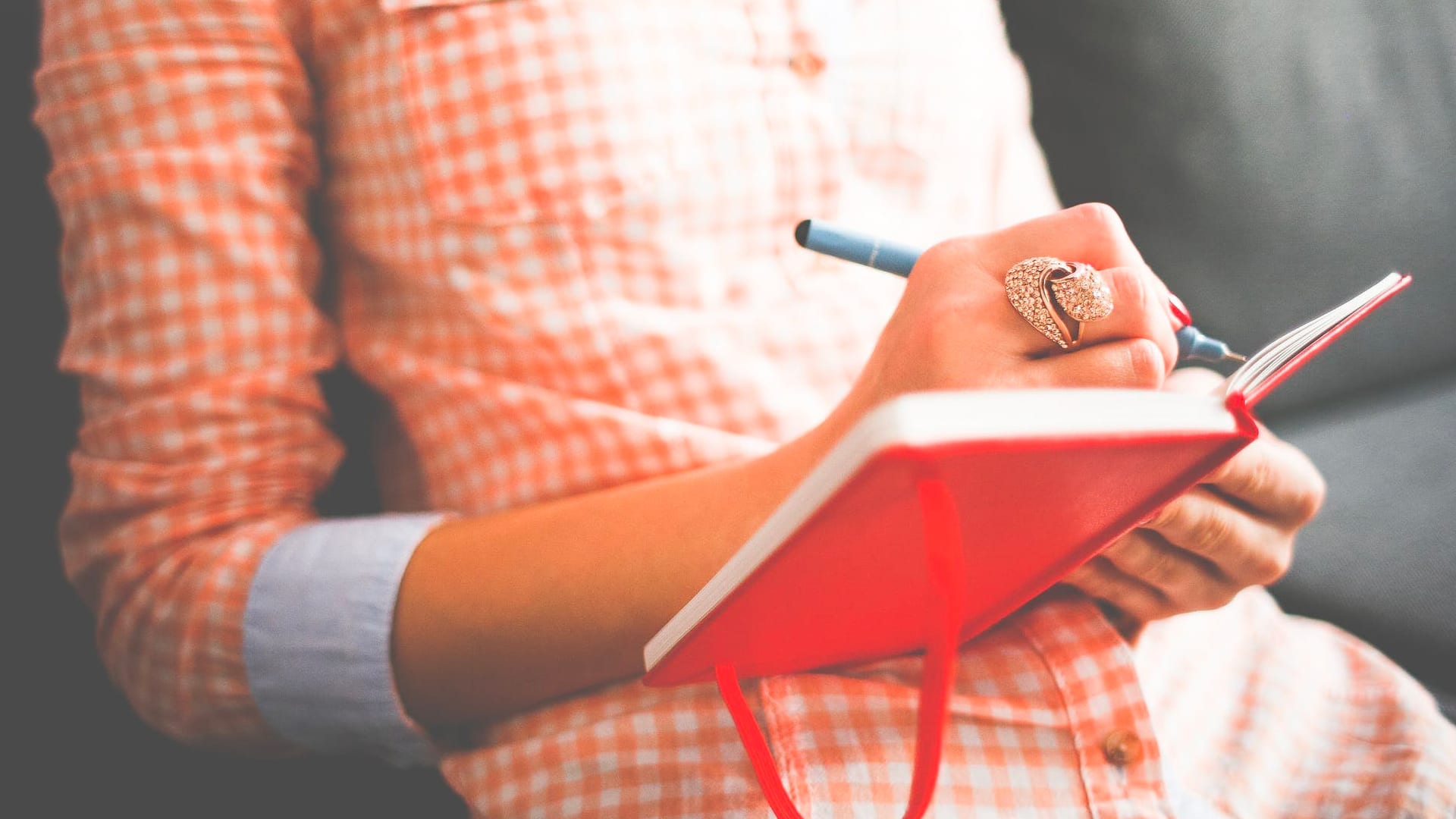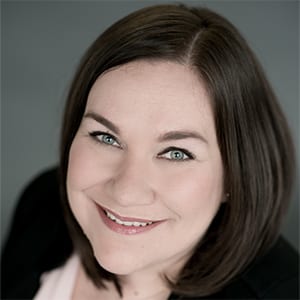When I was a little girl, I started writing “Dear Diary” in a small blush pink hardcover book with a silver lock. It came with two small silver keys that I hid in a secret drawer in my jewelry box. That little girl shared about her day’s adventures, with updates on her friends, names of a few frenemies and deep secrets. I’m pretty sure she announced her new baby sister was coming home from the hospital, before we even knew she was a girl. All these years later, not much has changed. I like to think she’s evolved, a little more dedicated to processing her emotional baggage and committed to self-love.

Dedicating time and space to journaling has gotten me through many milestones from teenage angst, a young-adult cancer diagnosis, a broken heart or two, spiritual exploration and evolvement, an unforeseen quarantine and civic unrest. It has also opened my mind to so much more beyond the paper. It manifests itself in the energy between my brain, the pen and the paper. It’s pretty wild.
As communicators, we are faced with blank pages, presentations and agendas… a professional diary. Journaling can help you flex your communication skills. Fluency with the written word is connected to language skills and the spoken word; some say that it helps with their self-expression to process thoughts on paper first and then have the ability to say them out loud. When you are working from home and can’t turn to a colleague, a page in a journal can provide you with an open ear and endless possibilities.
Journaling can also unlock the many benefits of mindfulness—it’s where you can shut out the world around you and be one with your stream of consciousness. There are also healing properties of processing trauma, emotions and confusion on paper. You can even write a letter to someone or something that has caused harm. We have a lot up against us, and looking for healing and self-care is one of the greatest gifts we can give ourselves. Writing also signals that something is important to your brain, so penning that wild and crazy dream doesn’t seem so wild and crazy anymore.
So, where do you start?
Prompts: Trust yourself and your ways of working. Do you need a prompt or a blank page to get started? I often turn to prompts because they get me out of my own head and help my brain focus. I currently follow and write alongside Suleika Jaouad’s The Isolation Journals, Cleo Wade’s weekly Heart Talk Journal and Rebecca Walker and Lily Diamond’s “What’s Your Story” to explore an “everyday evolution.” Other great starters are New York Times 550 writing prompts for narrative and personal writing, Amy Tangerine’s daily planner prompts by date and Psych Central’s prompts for self-discovery and reflection. These resources can also spur all sorts of new thinking and areas to explore, making peace with a moment in time or generating the next great idea for yourself, community or client.
Length: Journaling literally can come in all shapes, sizes and forms. Just like people. There are three-sentence journals, Post-it notes with a phrase or two, captions to a photo that moves you, a mantra that needs to be repeated daily or a novella of a new character or far-off land. There is something pretty great about a brand-new notebook, but something equally powerful about an index card, the back of an envelope or a napkin from takeout. There are many famous stories of a great idea, a life-changing plan or an invention from the back of a napkin—the sky is the limit!
Time: In a world where time may seem fleeting or there is too much on your plate already, there is a good argument about taking a few minutes of each day that are just yours. Those moments can lead to self-care, self-love and discovery. Whether you set the timer for five minutes or you allow yourself time to stream unconsciously, it is time well spent. I like to recall Lewis Carroll’s Alice in Alice in Wonderland: “Why, sometimes I’ve believed as many as six impossible things before breakfast.” Journaling can help find your impossible thing, too.
The absolute best part of journaling is there are absolutely no rules, no right or wrong—just radical self-care, endless possibility and dedication to self-exploration. If you’re a lifelong journaler or just getting started, I would love to hear from you.



